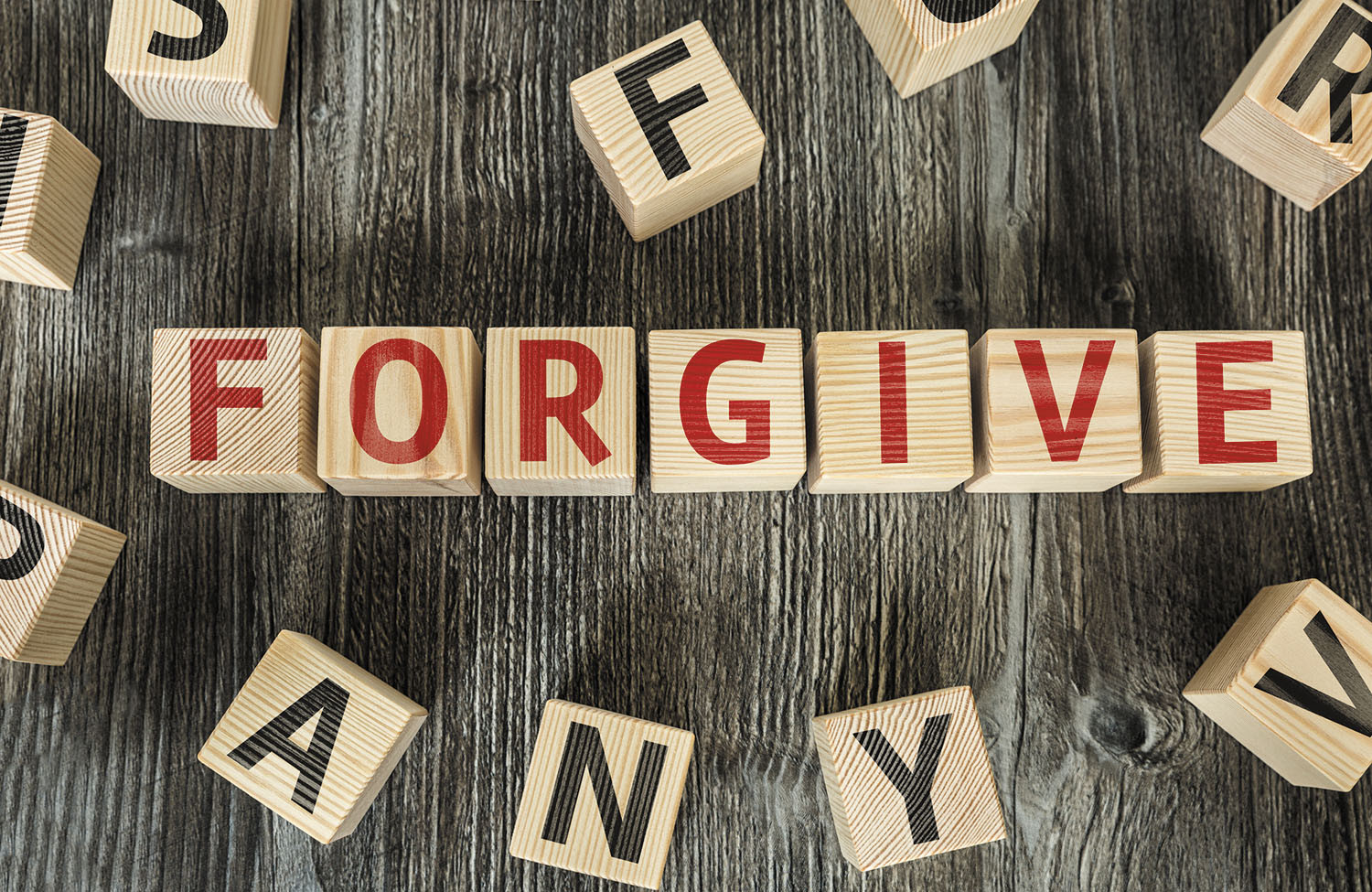How to Forgive Someone: Understanding the Role of Empathy in Forgiveness
How to Forgive Someone: Understanding the Role of Empathy in Forgiveness
Blog Article
Recognizing the Significance of Mercy in Healing Relationships
Mercy is commonly seen as a simple act of releasing, yet its significance in healing partnerships prolongs much beyond plain absolution. It functions as an essential system for psychological release, permitting individuals to browse the complexities of discomfort and resentment. Recognizing the nuanced differences between mercy and reconciliation can light up the course toward healthier interactions. As we discover the diverse advantages of forgiveness, one need to think about how these principles can change not just personal connections however likewise the more comprehensive social material. What remains to be uncovered is the extensive influence forgiveness can have on individual development and public harmony - The importance of forgiveness.
The Meaning of Mercy
Although mercy is often viewed as a straightforward act of releasing, its meaning incorporates an intricate interaction of psychological and emotional procedures. At its core, mercy is the aware choice to release sensations of bitterness or revenge toward a private or group that has caused harm. This process is not merely about absolving the culprit; rather, it involves a profound emotional change that can bring about individual development and healing.
Forgiveness is multifaceted, commonly identified by a person's interior struggle to integrate their pain with the wish for peace. It requires identifying the misdoings dedicated, refining the connected emotions, and ultimately making a choice to progress without the burden of displeasure. This option typically entails a cognitive change, where one reframes their understanding of the transgression and the criminal, enabling empathy and understanding to emerge.
Notably, forgiveness does not imply pardoning the habits or failing to remember the infraction; it is a purposeful act that focuses on emotional well-being. By defining forgiveness in this fashion, we can appreciate its duty in assisting in healthier relationships and fostering psychological strength, setting the phase for deeper expedition into its advantages.
Emotional Advantages of Forgiveness
Mercy provides substantial emotional benefits that can greatly affect a person's mental wellness and overall wellness. When an individual chooses to forgive, they proactively release feelings of resentment, resentment, and rage, which can otherwise produce a hefty psychological burden. This release usually results in a decrease in stress and anxiety and anxiety, promoting a feeling of tranquility and psychological security.
Furthermore, forgiveness promotes a boosted capability for compassion and concern. By recognizing the perspective of the culprit, individuals can cultivate a deeper emotional durability, which improves their capacity to deal with future obstacles. This procedure not just boosts psychological regulation but also adds to a more positive outlook on life.
Additionally, forgiving others can strengthen one's self-esteem and self-worth. It allows individuals to reclaim their personal power, damaging without the adverse cycles of victimhood - The importance of forgiveness. This newly found empowerment can bring about healthier emotional feedbacks and more powerful social partnerships
Forgiveness vs. Settlement
The distinction in between forgiveness and settlement is important in recognizing the characteristics of recovery connections. Forgiveness is an internal procedure where a specific selects to let go of resentment and negative sensations in the direction of somebody who has caused harm. It is largely an individual journey, concentrated on emotional release and self-healing, allowing one to relocate ahead without carrying the burden of past complaints.
On the other hand, reconciliation involves restoring and restoring the connection to a state of count on and common respect. This procedure typically requires open interaction, energetic involvement from both celebrations, and a commitment to resolving the underlying problems that brought about the dispute. While mercy can happen independently, reconciliation demands the determination of both people to take part in discussion and work toward a common understanding.
It is essential to note that forgiveness does not constantly lead to reconciliation. A person may forgive another without choosing to recover the relationship, especially if trust fund has been irrevocably harmed or if the relationship is considered undesirable. Recognizing this distinction allows his comment is here people to navigate their emotions successfully and make educated decisions concerning their relationships.
Steps to Cultivate Forgiveness
Cultivating forgiveness is a deliberate process that involves a number of crucial actions targeted at helping with psychological recovery. The very first step is recognizing the discomfort caused by the violation. Acknowledging one's sensations is necessary, as it permits individuals to refine their emotions really.
Next, showing on the occurrence and understanding its effect can supply clearness. This reflection must include analyzing the inspirations behind the culprit's actions and recognizing that everybody is imperfect.
The 3rd action includes making a mindful decision to forgive. This decision is important, as it symbolizes a my response desire to let go of bitterness and relocate ahead.
Consequently, expressing sensations in a positive way can be valuable - The importance of forgiveness. Whether via journaling, speaking with a trusted buddy, or seeking treatment, expression of feelings can assist in the mercy journey
Real-Life Instances of Forgiveness

In one more example, a close-knit group of close friends encountered a significant rift after one member inadvertently shared a private secret. As opposed to harboring bitterness, the impacted good friend made a decision to forgive, recognizing the relevance of valuing the relationship over the mistake. This decision urged open discussion and inevitably reinforced their connection.

Verdict
Finally, forgiveness their explanation plays a pivotal function in the recovery of connections by promoting the release of negative feelings and fostering empathy. By comparing mercy and settlement, people can participate in a useful process that boosts emotional health. Carrying out steps to grow mercy can bring about transformative outcomes, strengthening connections and advertising an encouraging atmosphere. Inevitably, the technique of forgiveness functions as a stimulant for personal growth and the nurturing of much healthier social dynamics.

Report this page